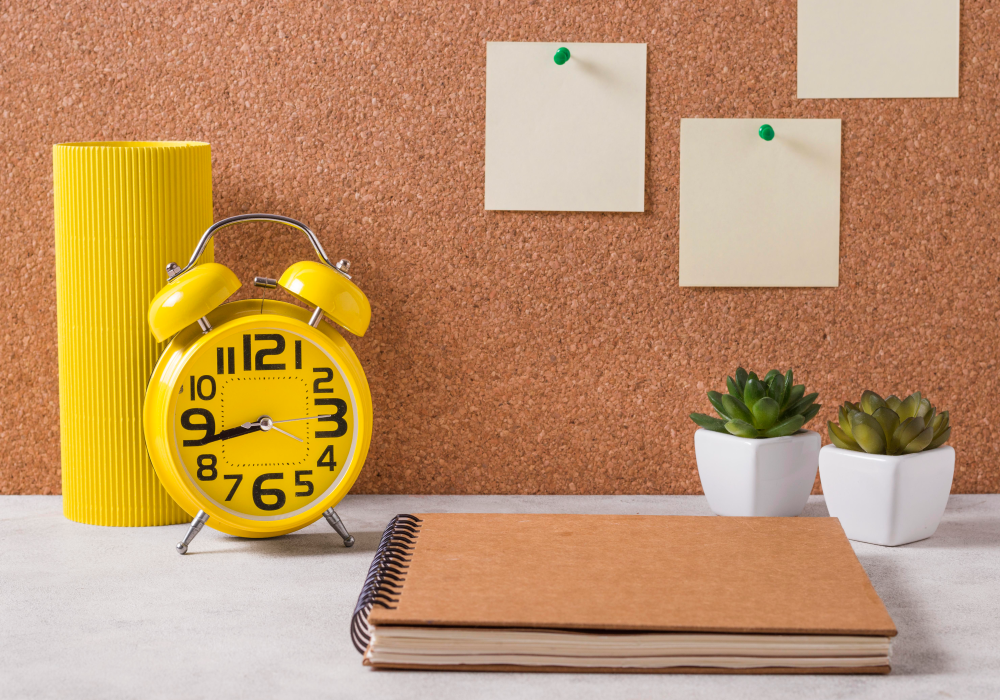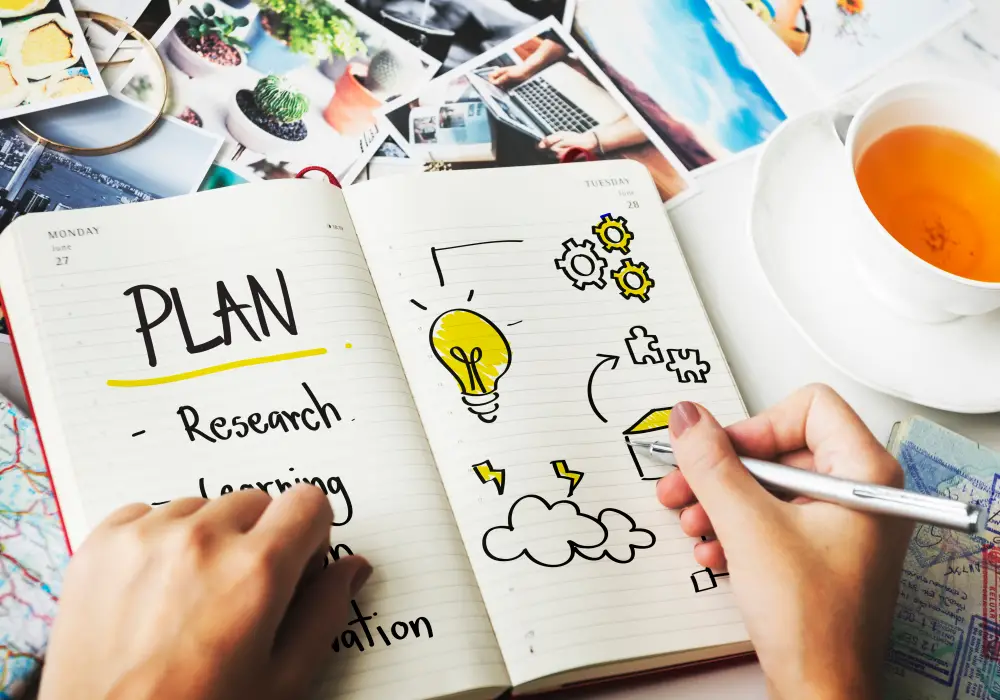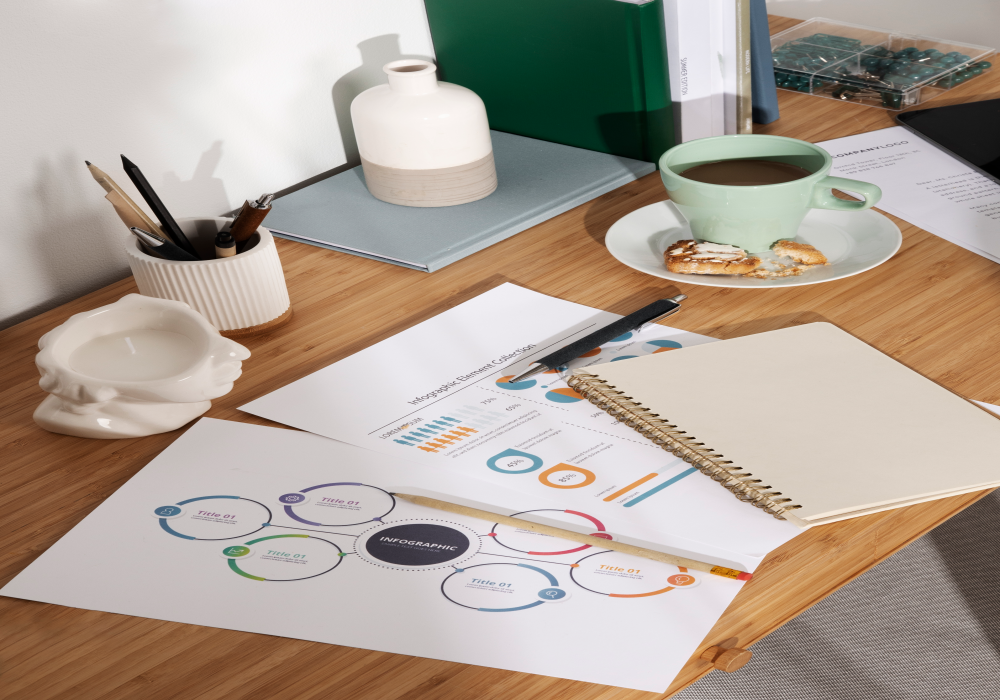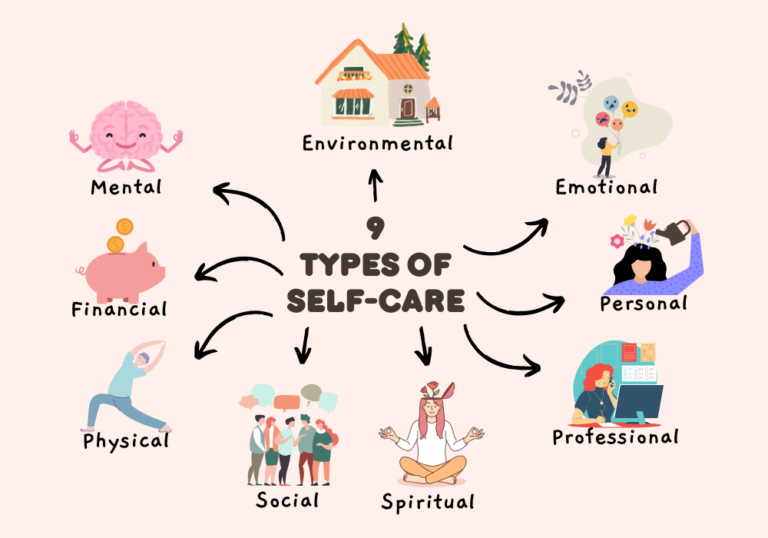What is Study Smarter?
Studying smarter is the art of optimizing your learning process to achieve better results in less time and essentially means learning how to learn.
This includes learning faster and more efficiently while retaining information for longer.
The key to becoming an outstanding student is to make studying seem effortless. Create the necessary frameworks and routines that enable you to achieve excellent grades without expending significant time and effort.
Studying more efficiently, and not harder, is a good way to achieve success without putting in too much effort.
How to Study Smarter And More Effectively
1-Know your best studying time:

If you want to study smarter and more effectively, it is important to know your most productive time. This may be in the evening or nighttime for some people, while for others, morning is the most ideal time. It is recommended that you choose the period when your brain can focus better and absorb more information.
So try to ask yourself these questions:
When is your brain most receptive to learning? It is important to study when you are most alert and your brain is primed for critical thinking. Avoid studying during your usual nap time or late at night if you are not accustomed to staying up late.
Do you have a preferred time for studying? If so, it is important to choose a time and location where you can focus and concentrate effectively. Avoid studying during times when you may be prone to distraction, such as when your study space is crowded or loud
Can you stick to that optimal timing? To get the most out of your studying, it is important to maintain a consistent schedule. This means studying during your most effective hours at least twice a week. By doing so, you will gradually improve the quality of your studying over time.
2-Set a Big-Picture Study Goal :

To study smarter, establish a high-level study objective. This objective should be personally meaningful and ideally both feasible and stimulating to you.
Setting a big-picture study goal is important because it gives you a sense of direction and purpose. Whether it’s for your school degree, career, skill development, or personal accomplishment, having a goal will help you stay motivated and focused.
3-Set up a dedicated study space :

Creating a unique studying environment can greatly improve your studying behavior. It is important to create a specific study area, separate from other areas like the bedroom or living room, to avoid distractions.
” According to studies, a dedicated study environment can significantly boost students’ moods and motivate them to study. ”
Related: How Minimalism Can Improve Your Productivity? 17 Tips
4-Set a study time :

Establish a study time in your regular schedule. This will assist you in cultivating a habit of studying. Regular review will also facilitate better retention of information.
5-Make a To-Do List:
Make a set of plans for what you want to study beforehand. Setting a goal before the start of the day will enable you to maintain focus and stay on track. You will be able to establish a specific time frame for each chapter and complete it accordingly. Once you commence the process, you will comprehend the importance of devising a study plan. Moreover, mapping out your study sessions in advance will enhance your productivity.
Related➡2025 Ultimate Life Planner Pro: All-in-One Printable Digital Planner
6-Keep track of Your Everyday Progress:
To study smarter, it is crucial to keep track of your progress and reflect on the day’s events. Before going to sleep, take a moment to mentally review what you have learned. Did you encounter anything new? Although it may be challenging at first, this practice will eventually become more effective as you gain a better understanding. It helps to improve your memory and motivates you to engage in daily study and exploration of new subjects.
7-Stay Organized:

Ensure you stay organized by scheduling class meetings, homework, assignments, projects, and study sessions. Utilize a planner to effectively manage deadlines, dates, and times, ensuring you do not overlook any important tasks.
8-Make a study schedule/plan:

When creating a study schedule, it is essential to review your planner and contemplate the tasks that need to be accomplished. Take into consideration the types of questions that will appear on the test and the topics that will be covered, so that you can determine your areas of focus. Establish specific objectives for each study session, such as the number of topics you aim to cover.
9-Try a five-step approach:

A five-step method called SQ3R or SQRR, which involves active reading, can help with understanding and learning the material. This technique allows you to preview and actively read the material, ensuring adequate preparation when going through a chapter or article.
The five steps:
Survey: Scan the text and take note of the headers, graphs, emphasized phrases, or anything else that catches your attention.
Question: Request and transcribe questions related to the survey data. What information is currently understood and what information is desired?
Read: Read the text carefully. As you go, look for answers and responses to your questions.
Recite: In your own words, restate what you have just read to ensure you remember the text.
Review: Go through the chapter in detail to ensure that you have included all the main ideas. Then, think and reflect on the importance of this.
10-Mind Mapping:

Mind mapping is a fantastic tool for studying. It helps in visualizing problems and theories. It allows for a free flow of thoughts and creativity, which is crucial when learning how to study smarter and more effectively, and it is a valuable technique for visually organizing information in a diagram.
The process begins with writing a word in the center of a blank page. Major ideas and keywords are then written and connected directly to the central concept. Other linked ideas will continue to branch out.
The structure of a mind map is connected to how our brains store and retrieve information. Mind mapping your notes, as opposed to simply writing them down, can enhance your reading comprehension. Additionally, it allows you to visualize the overall concept by illustrating the hierarchy and relationships between concepts and ideas.
11-Pay attention in class:
The importance of concentration and avoiding distractions during the teacher’s speech should not be underestimated. Active listening, focusing on the content being presented, and taking notes using your own words are key strategies to ensure comprehension of the subject matter.
12-Make sure notes are complete:

Taking clear and complete notes during class will aid in comprehending the information you are learning. These notes will also serve as study materials that can be reviewed before a test. ”Consult with classmates or the teacher if you have missed a class to ensure your notes are thorough.”
13-Rewrite your own notes:

Rewriting your notes involves reiterating information that you already know well. To more effectively recall information from your notes, try rewriting them before an exam or quiz. This can be a useful strategy to help you remember the information.
14-Study in short chunks :

Short study sessions can help the synapses in the brain process information more efficiently than long sessions. To optimize your studying and make it smarter, try breaking your study time into sessions of around 20-30 minutes each, with a five-minute break in between to stretch or do something you enjoy. This way, you will be better equipped to handle more intense study periods.
15-Link One Information With Other:
When preparing for exams, the best way to study smarter and quickly is to link new information to something similar that you already know. This will help you remember important information more effectively and for longer periods.
16-Read aloud and recall:

When studying or reviewing material, it can be helpful to read important information aloud to emphasize it and train your mind to remember it more quickly. Different studies have demonstrated that reading information aloud can expedite the processing of said information because it involves both reading and listening.
17-Review notes from class every evening:
Following the conclusion of classes, allocate time to review and expand upon the notes taken during each session. Engaging in this practice of reviewing notes facilitates the transfer of acquired knowledge from short-term memory to long-term memory, thereby enhancing performance during the next major examinations.
18-Make flashcards:

Flashcards are advantageous due to their portability, allowing you to study them during periods of waiting, such as when waiting for the bus, before a class, or during short breaks. Flashcards also permit self-quizzing without the help of others.
For this purpose, it is common to use index cards. On one side of a flashcard, you can write a question, term, or idea, while the other side can contain the answer.
19-Study hard subjects first:

Commence your study session by tackling the most difficult subjects or concepts. By doing so, you will have sufficient time to thoroughly understand and absorb the content while maintaining a high level of mental alertness. Leave the less demanding material for a later stage.
20-Test Your Knowledge:

Once you know the format and complete a lesson, an attempt can be made to formulate a practice test based on the anticipated content. This will enhance comprehension of the subject matter and provide guidance for studying. Subsequently, the practice test can be utilized for self-assessment and group study.
21-Summarize or teach what you learn :
By summarizing, you can determine if you have a clear understanding of the topic. You can either speak aloud or have a conversation with someone else.
If you are unable to explain it to yourself, it indicates a lack of sufficient understanding. During the revision process, envision yourself teaching the materials to an unseen audience, rephrasing them, and incorporating personal examples. This approach will aid in maintaining focus and promoting structured thinking.
22-Break things into smaller parts:
The information can be learned gradually by dividing it into smaller sections, rather than attempting to comprehend everything at once.
You can categorize things by subject, keywords, or any other approach that is logical to you. To effectively learn, it is crucial to limit the amount of information absorbed at one time. This allows for a better focus on understanding the material before moving forward.
23-Make a study sheet:

Develop a study sheet. Condense the information into a single sheet or two, if required. Carry it with you and review it during any available downtime in the days leading up to the test. Organize your notes and chapters into related subjects and extract the essential concepts
24-Study with a group:
When you work with your friends, it creates an interactive atmosphere that keeps you engaged. This enables you to examine your understanding with others, quiz each other on the material, and enhance each other’s assurance.
25-Learn by Teaching Others:

Sharing knowledge with a peer is an effective means of cementing your own understanding of the material while simultaneously aiding their learning process. As you explore alternative ways to convey a concept, you will enhance your mastery of the subject matter by effectively articulating it for others.
26-Get some exercise :
The exercise not only counters fatigue but also enhances energy levels. A well-conditioned body enhances focus and the ability to assimilate new information. If you are struggling to find motivation for studying, consider incorporating an exercise routine into your daily schedule. It does not have to spend a whole hour-long session at the gym. A 20-minute workout at home or periodic brisk walks can leave you feeling rejuvenated and refreshed for your studies.
Over time, consistent exercise will enhance your memory and concentration, as well as alleviate the stress associated with intensive studying. It will also empower you to devise innovative solutions to problems and increase your self-worth.
Therefore, discover an exercise routine that brings you joy and incorporate it into your study schedule.
Related: 9 Types of Self Care Everyone Needs to Practice
27-Sleep properly:

When you are sleep-deprived, you encounter challenges in maintaining focus and absorbing new ideas and information. In brief, this hampers your ability to study smarter and more effectively. Therefore, it is essential to prioritize getting ample sleep.
To optimize your sleep quality, it is essential to maintain a consistent bedtime, limit exposure to bright blue lights before sleep, and establish a relaxing routine to wind down.
Related: Sleep Deprivation: Symptoms, Causes, & 10 Effects
28-Try Moving Out of Your Room Sometimes :

You may adore your entire study space, but studying there can become monotonous. That is why it is important to make small changes in your study area from time to time. It is among the most clever tips to study smarter.
Choosing a suitable coffee shop, a quiet corner in the library or a calm place in the garden to study can make a significant difference in your learning experience. By making small adjustments to your schedule, you can refresh your mind and increase your productivity. It is essential to be selective in finding a place that allows you to concentrate fully on your studies.
29-Snack smart:
While you are studying, it is recommended that you consume healthy and nutritious foods instead of foods that are high in sugar and fat. Choose energy-boosting foods like fruits and foods that make you feel full like vegetables and nuts. If you have a craving for something sweet, opt for dark chocolate. It is best to avoid foods with high amounts of sugar and carbohydrates such as instant noodles, chips, and candy. It is also advisable to refrain from drinking energy drinks and sugary sodas as they contain excessive amounts of sugar which can lead to a crash.
Drink water to keep you hydrated, and drink tea if you need a caffeine boost.’If you drink coffee, skip the sugar-heavy drinks.’
30-Listen to background sounds:
Listening to background sounds can assist you in getting into the right mindset and concentrating on your studies without being easily distracted. Natural sounds like waterfalls, rain, thunder, and jungle sounds can provide sufficient white noise to help you stay focused and drown out other noises. There are numerous online platforms where you can find such sounds, like YouTube.
31-Stop Procrastination:

Study Smarter = No Procrastination
Procrastination may seem like a comforting companion, but in truth, it is a devious thief that steals your time and hinders your success. It is recommended to plan study sessions to maintain a diligent work ethic, and never let today’s work till tomorrow.
Related: How To Overcome Procrastination: 12 Tips To Boost Focus









An intriguing discussion is worth comment. I do think that you should publish more on this topic, it might not be a taboo subject but generally people dont speak about such subjects. To the next! Cheers!!
with pleasure, Thank you so much